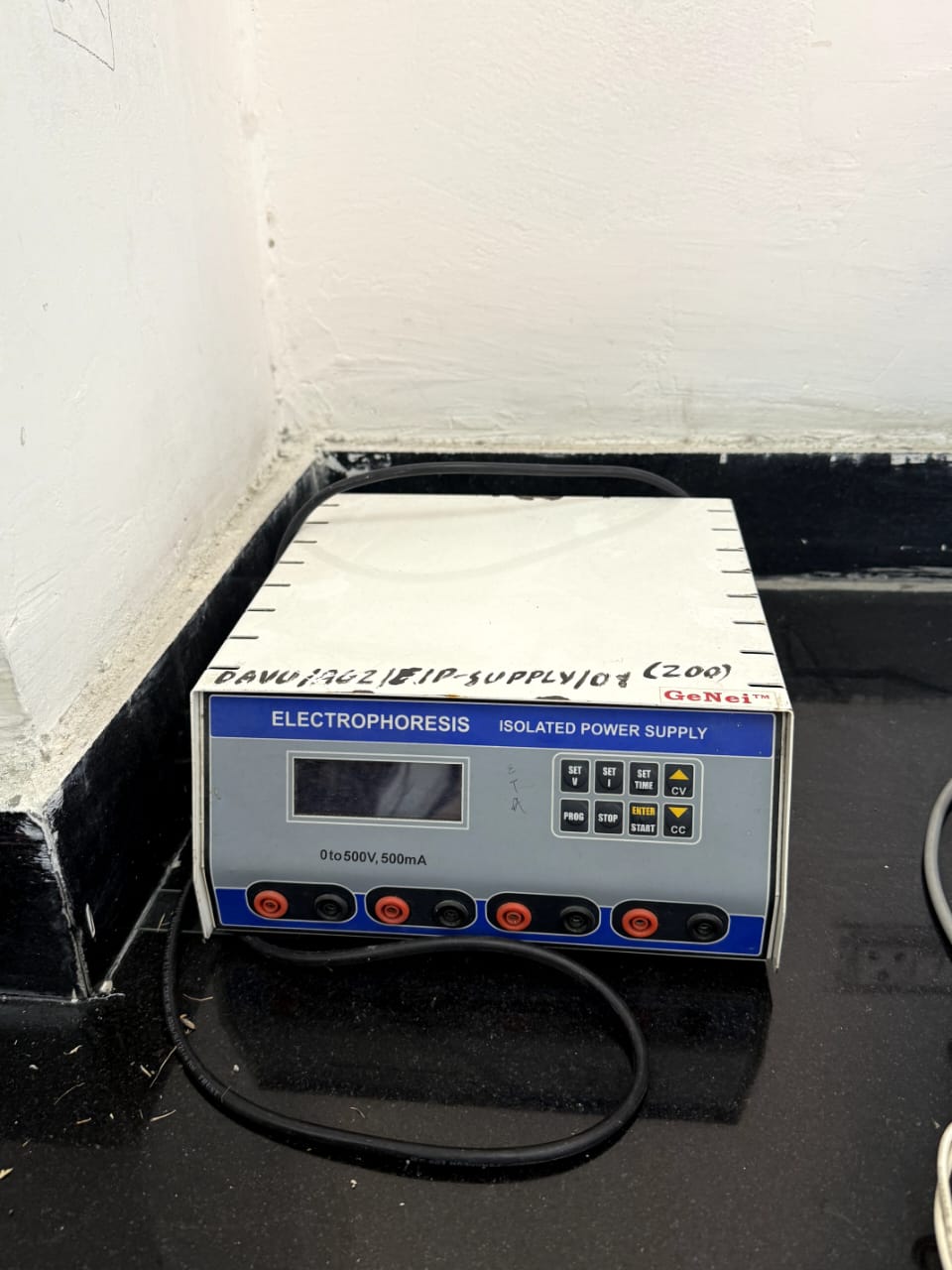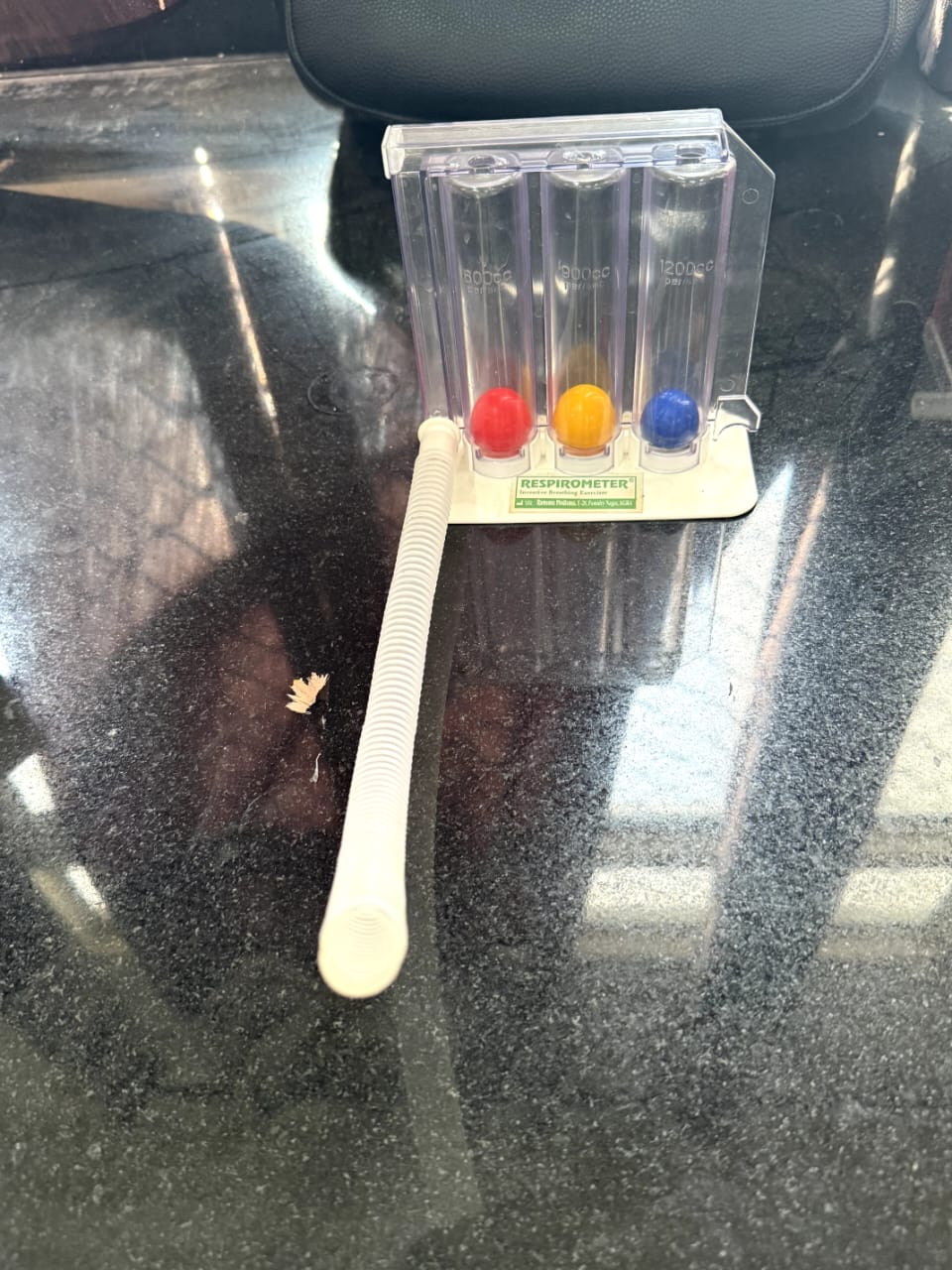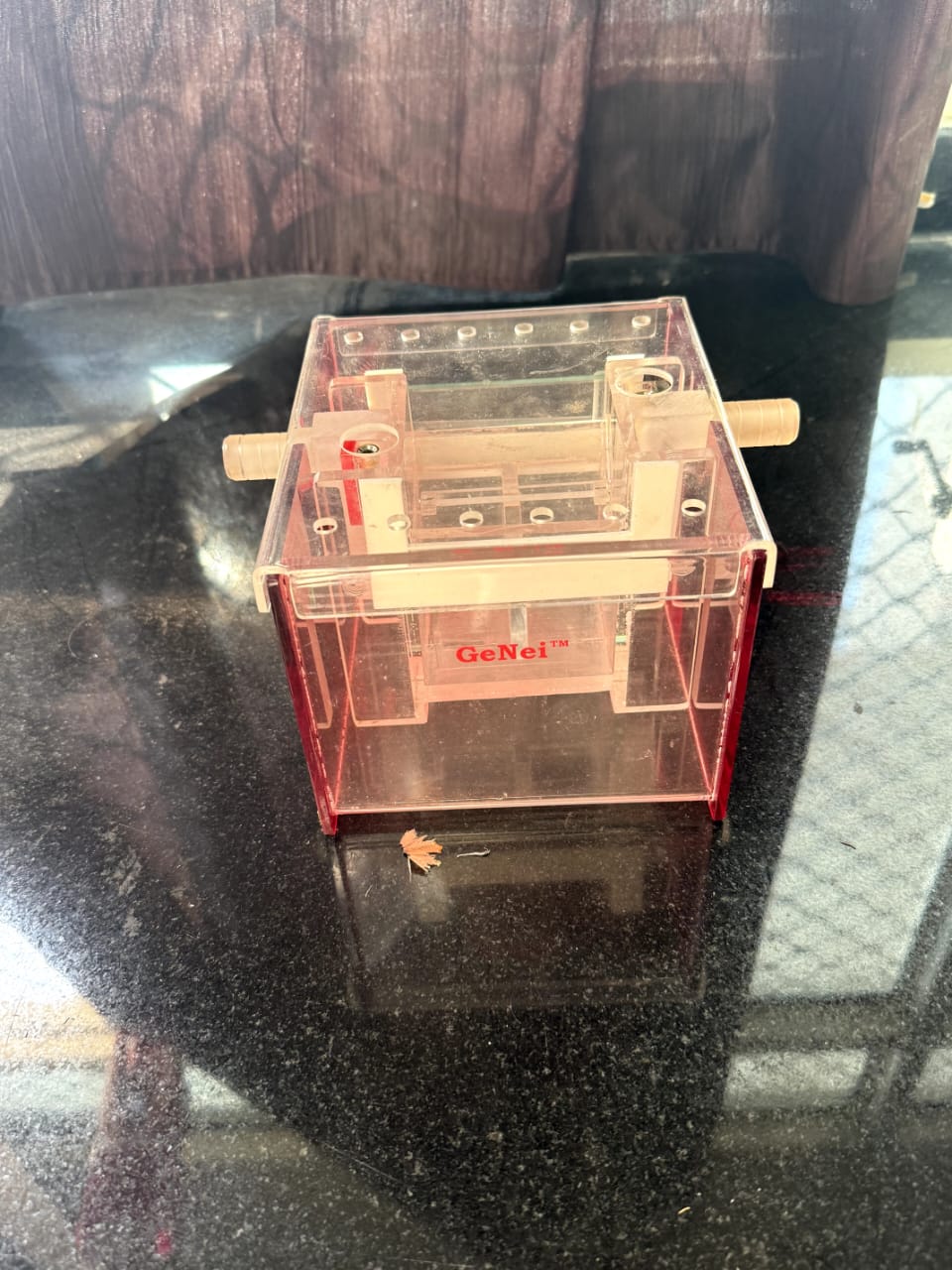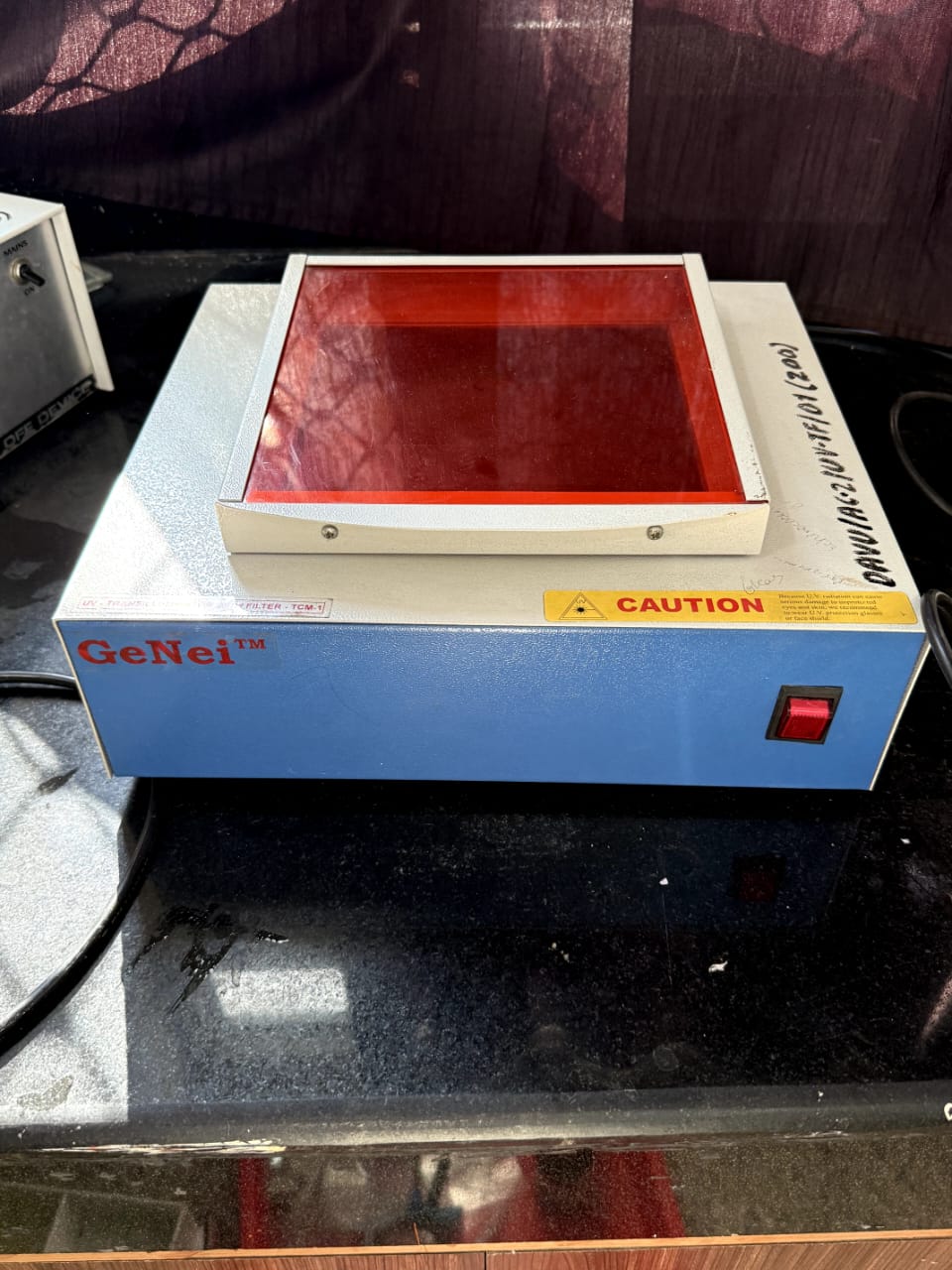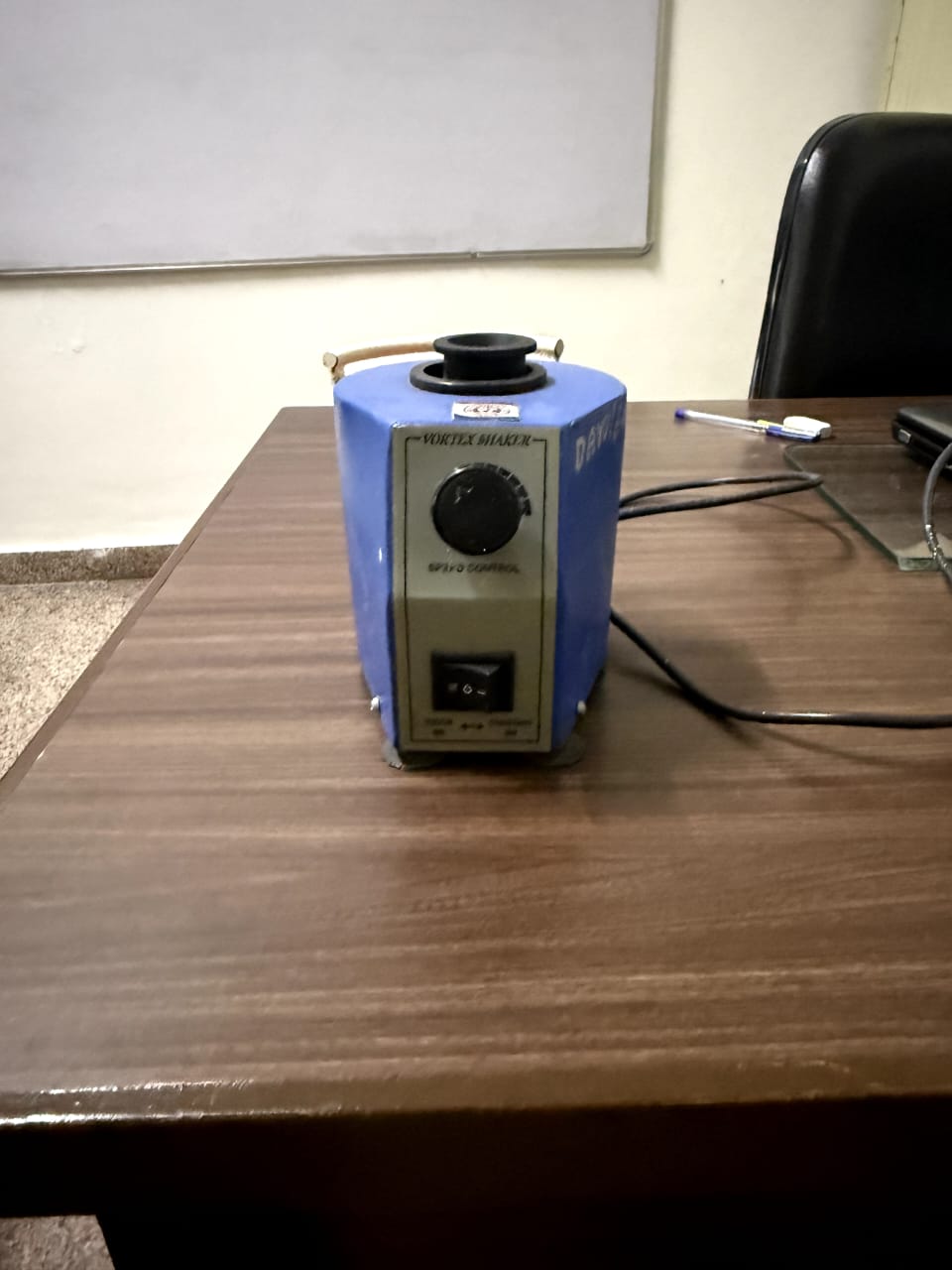Animal Sciences Laboratory
This wet laboratory provides students with direct, hands-on experience in experimental zoology. It is fully equipped for practical sessions involving dissection, microscopy, physiological experiments, and ecological studies. The lab encourages students to explore the structure, function, and behavior of diverse animal species, and serves as a foundation for developing essential laboratory skills.
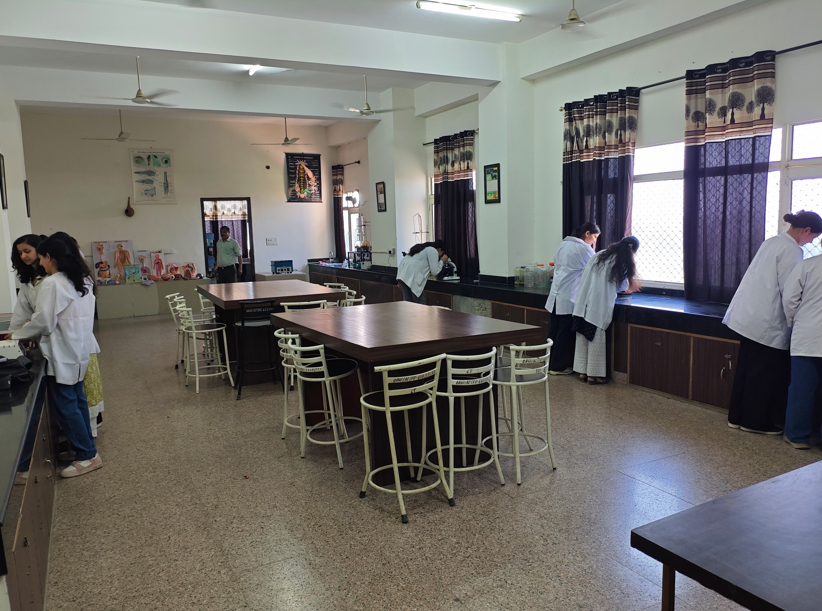
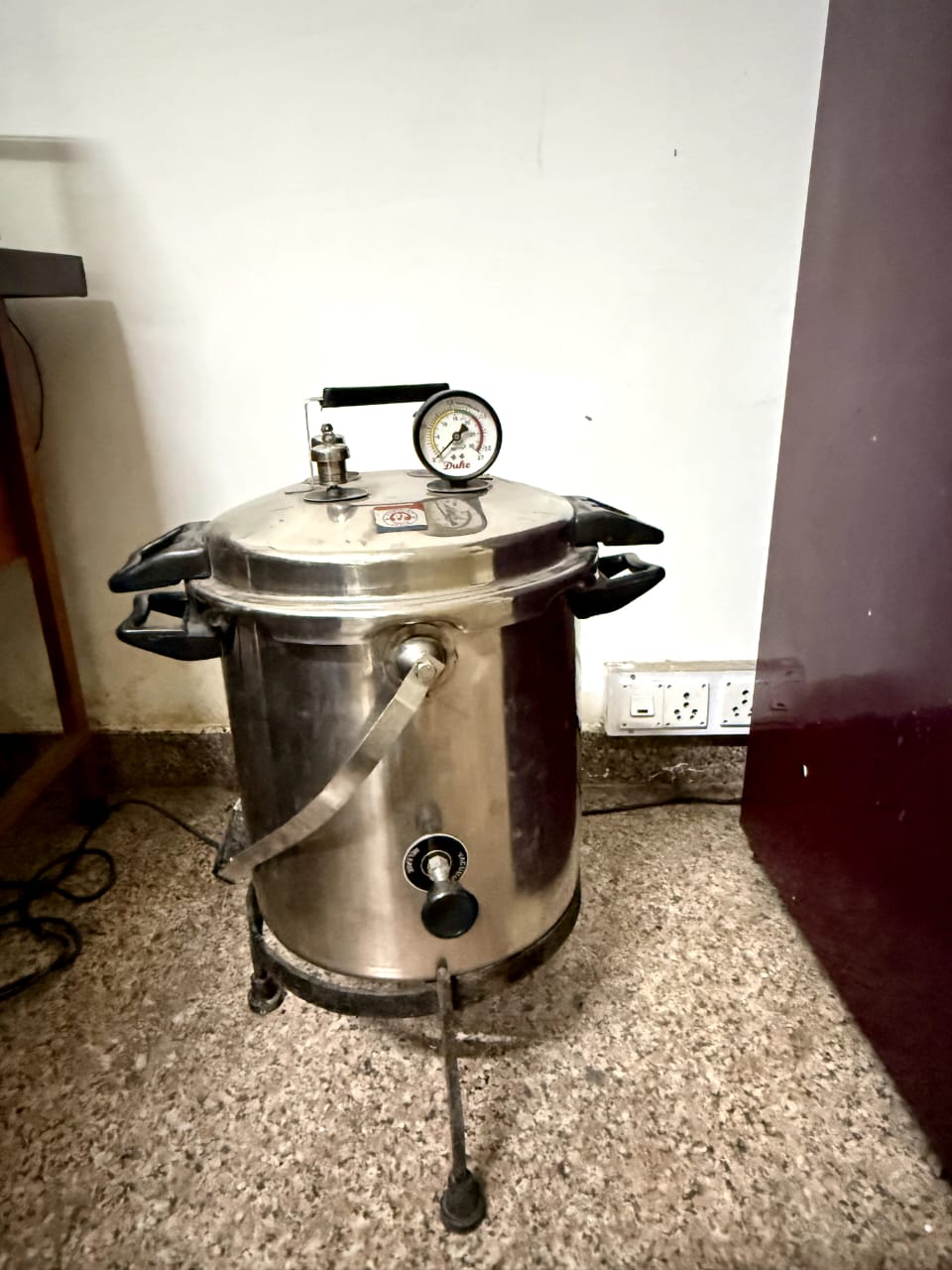
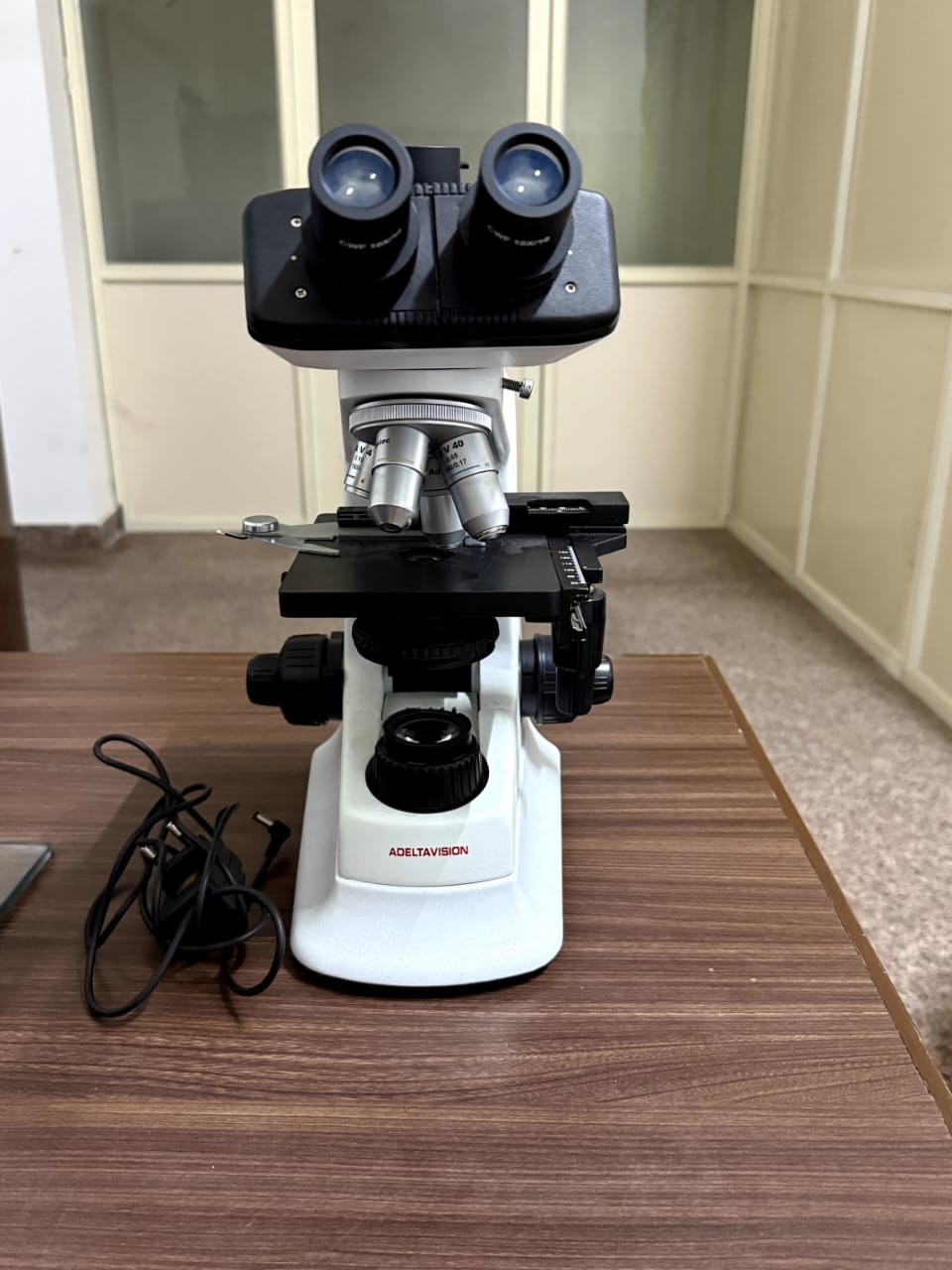

Computer Laboratory
The computer laboratory is equipped with the latest hardware and software to support learning and research in digital zoology and bioinformatics. Students and researchers have access to:

-
DigiFrog – A virtual dissection tool that allows ethical and detailed study of frog anatomy.

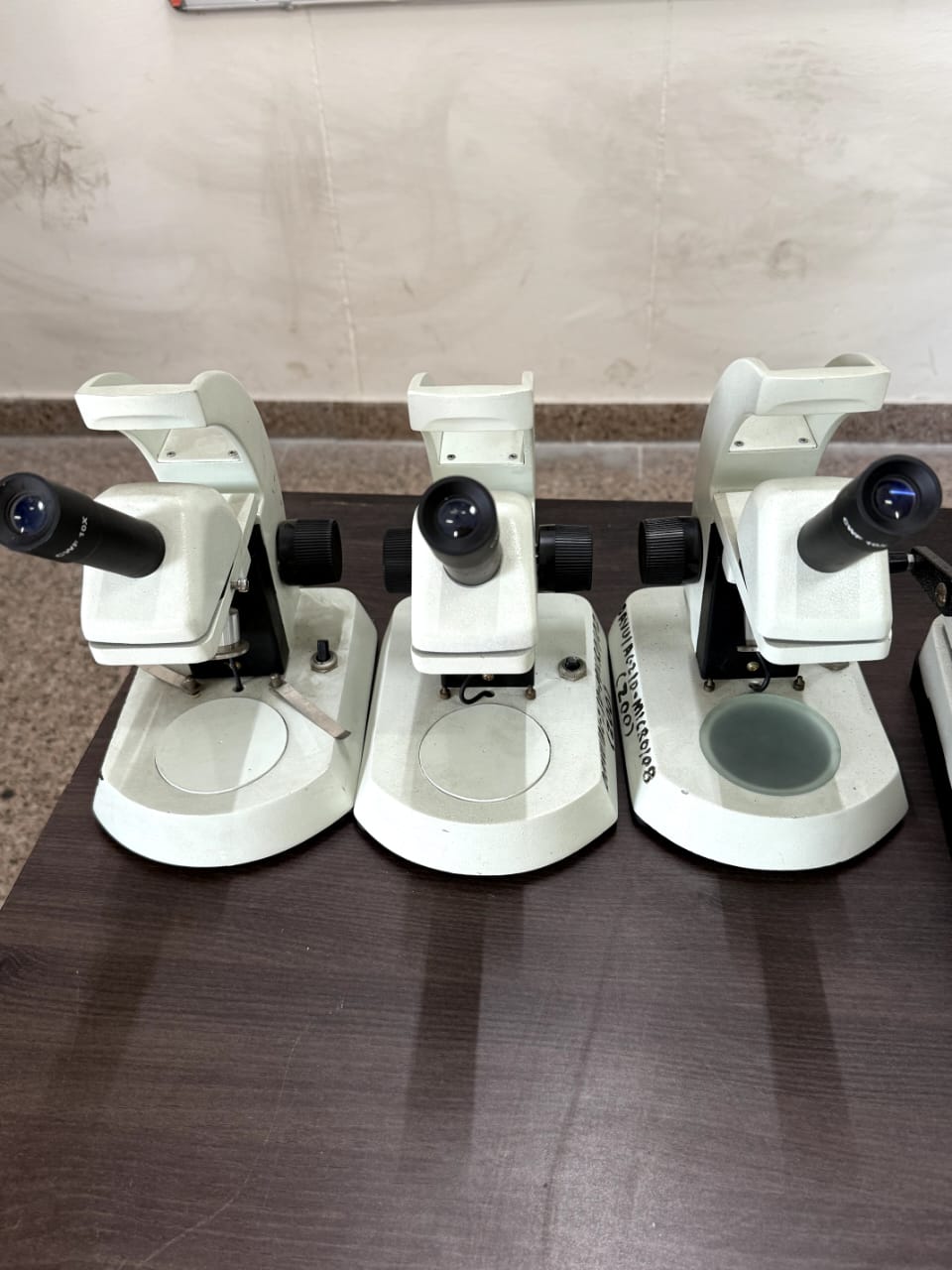
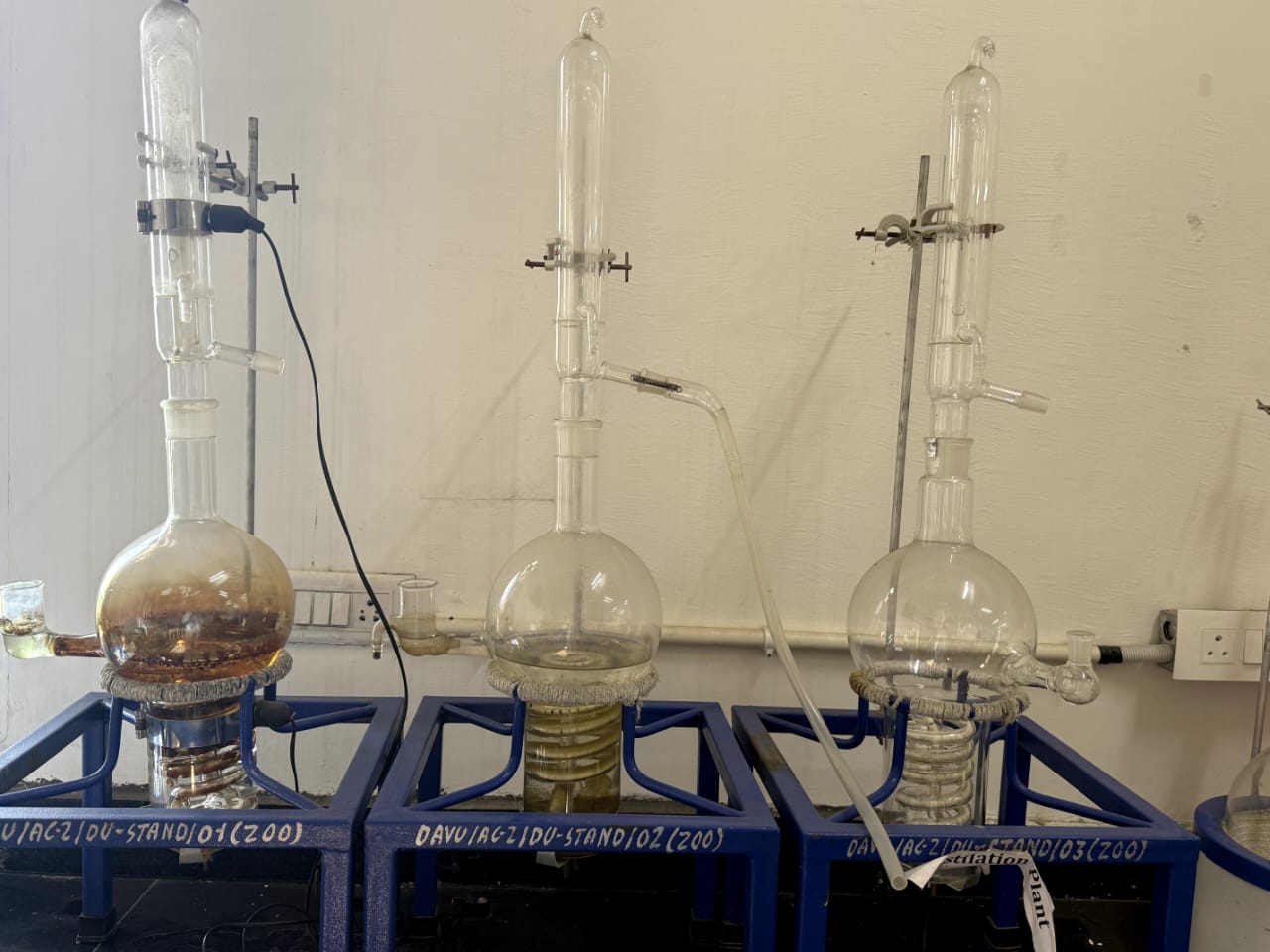

-
Bioinformatics Softwares – These resources enable learners to engage with advanced concepts in evolutionary biology, genomics, and systems biology, preparing them for future roles in research and industry.
Research Laboratory
The department’s Research Laboratory is a hub for advanced scientific investigations. It includes:
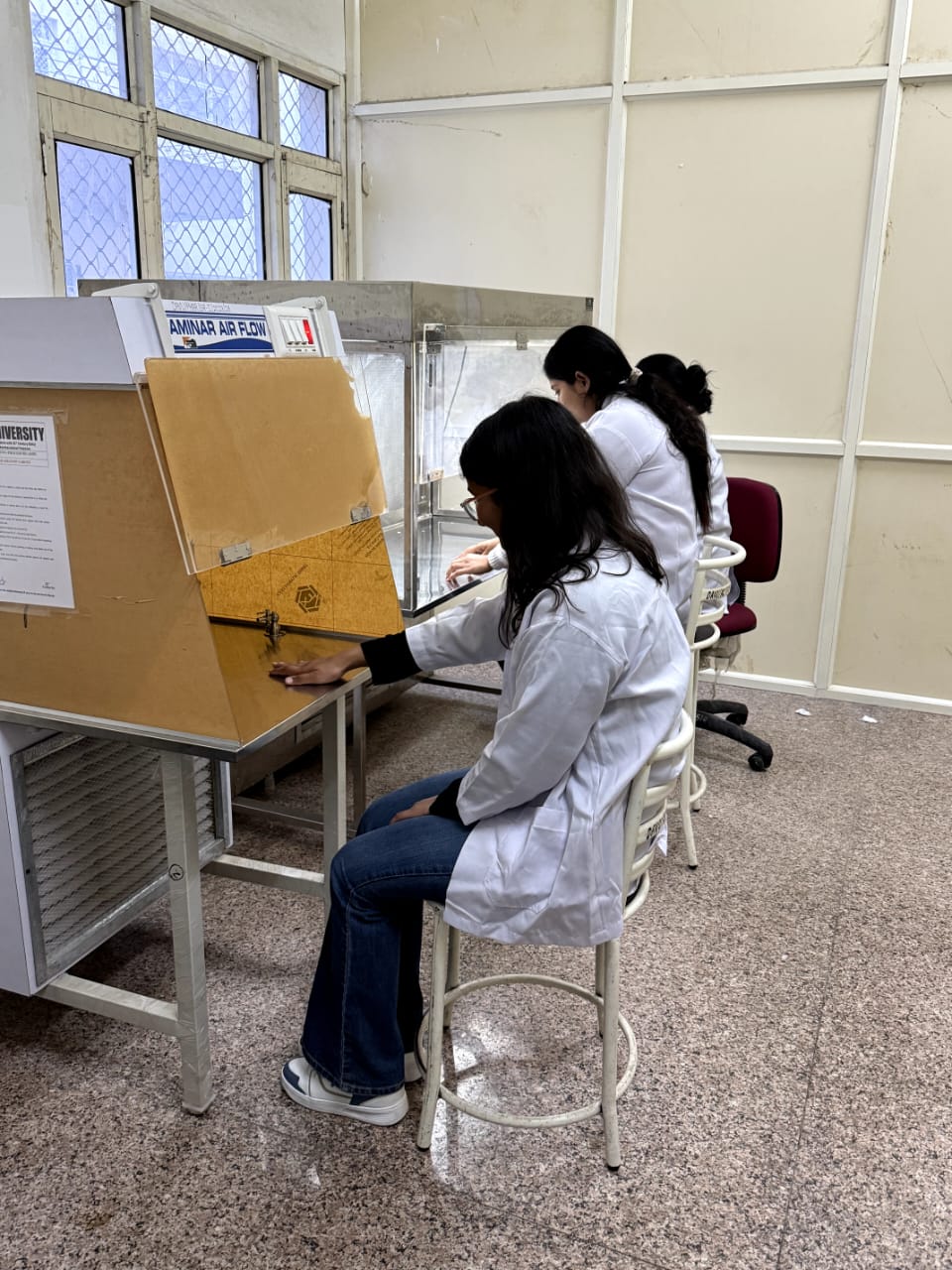
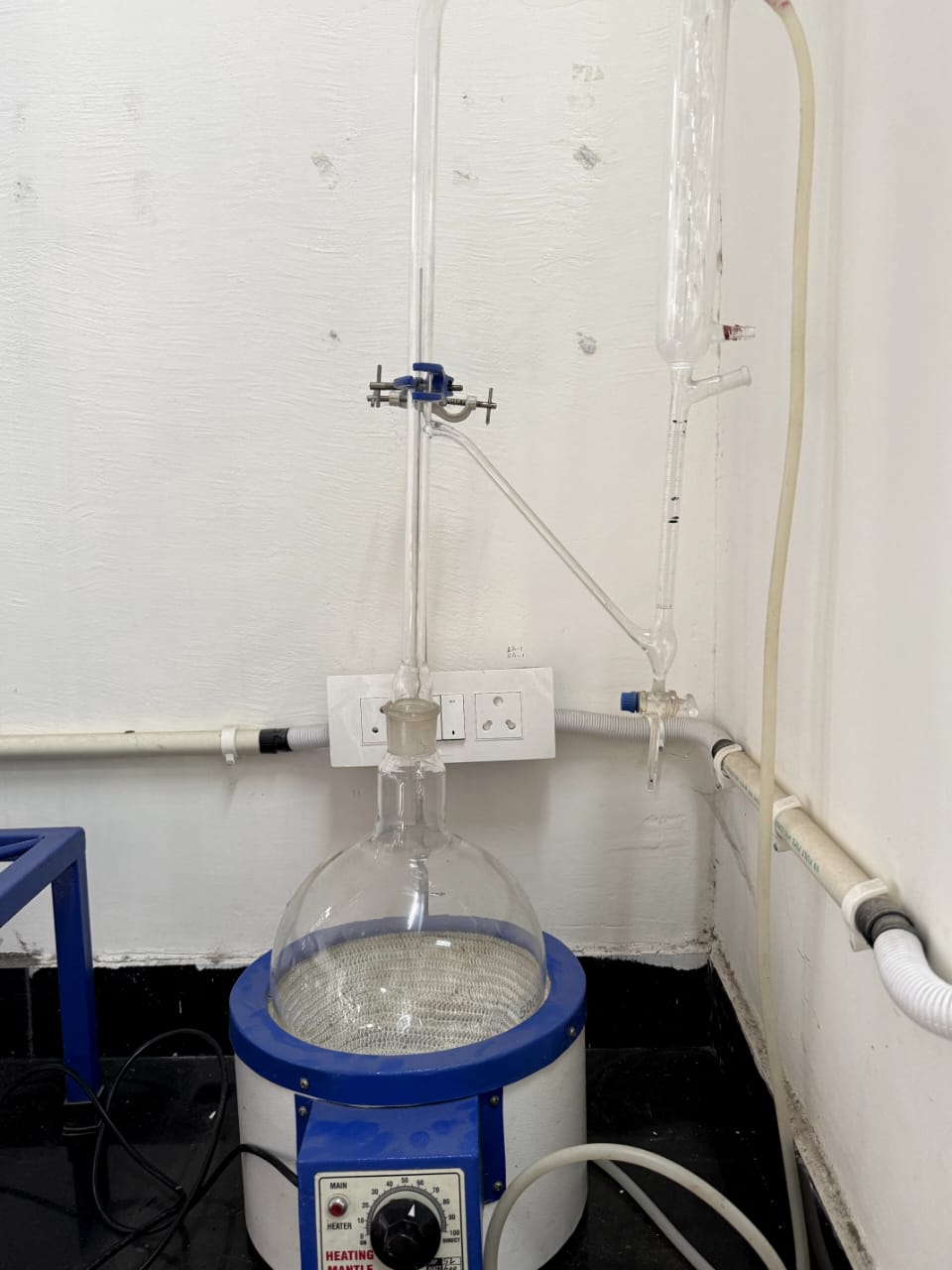
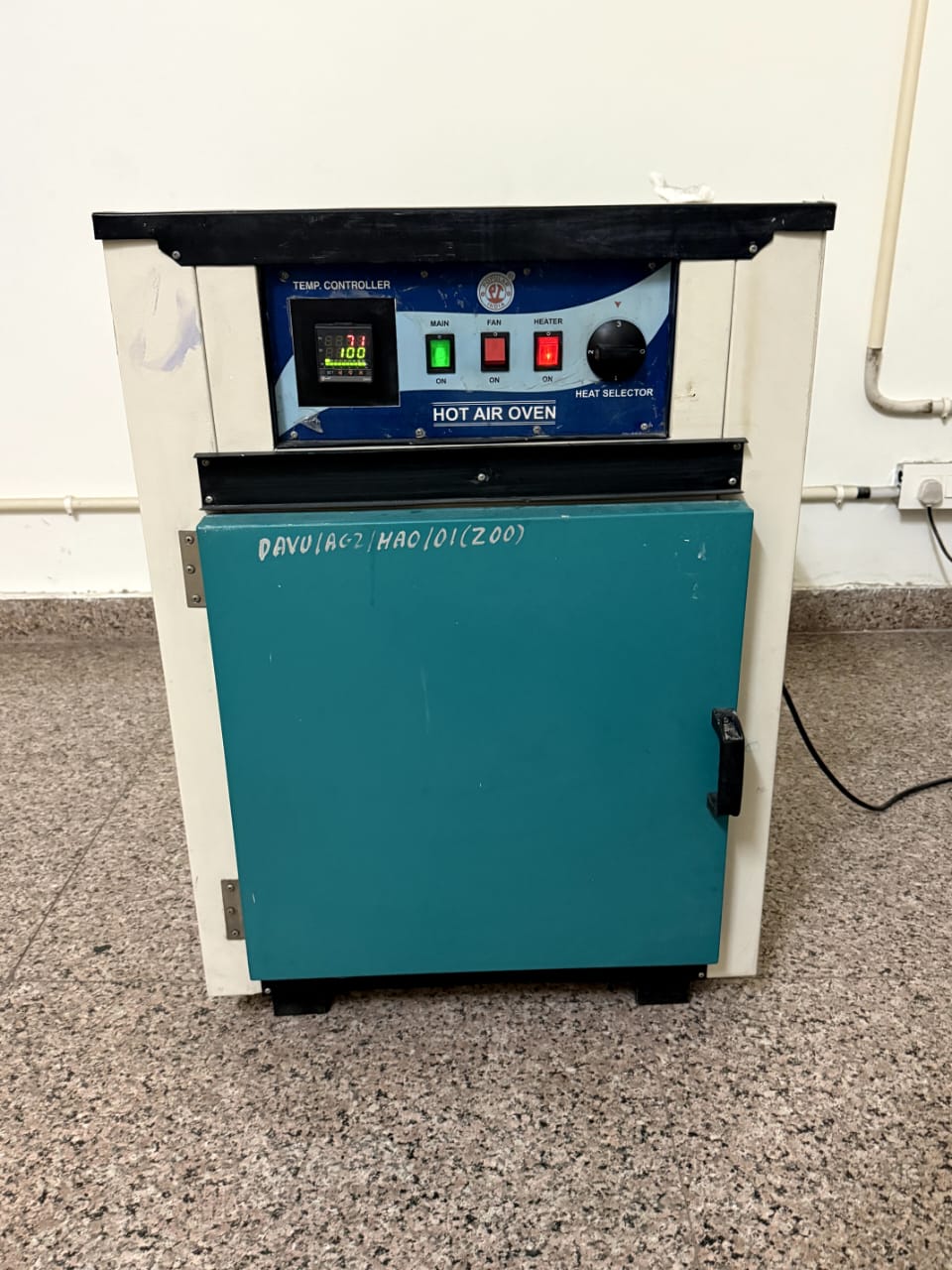
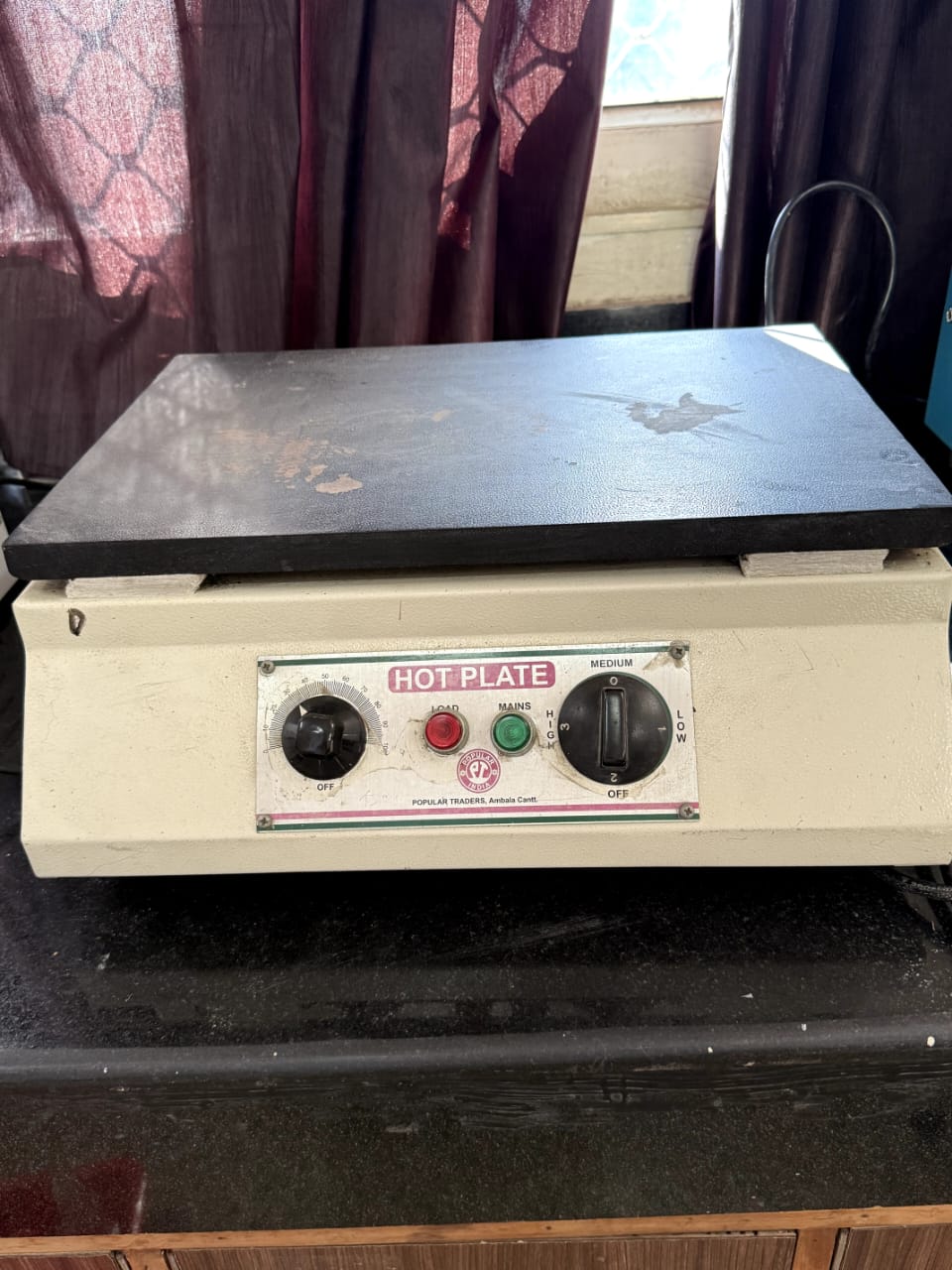

-
Tissue Culture Facilities – Supporting studies in cell biology, genetics, and developmental biology.
-
Precision Instruments – This laborator supports both student-led projects and faculty research in areas such as molecular ecology, environmental toxicology, and cellular physiology.
Apiculture Unit
This specialized unit provides practical training in beekeeping, with a focus on the biology and management of honeybee colonies. Students gain insight into pollinator behavior, hive maintenance, and the ecological and economic importance of bees. The unit also supports research on pollination ecology and sustainable agriculture.

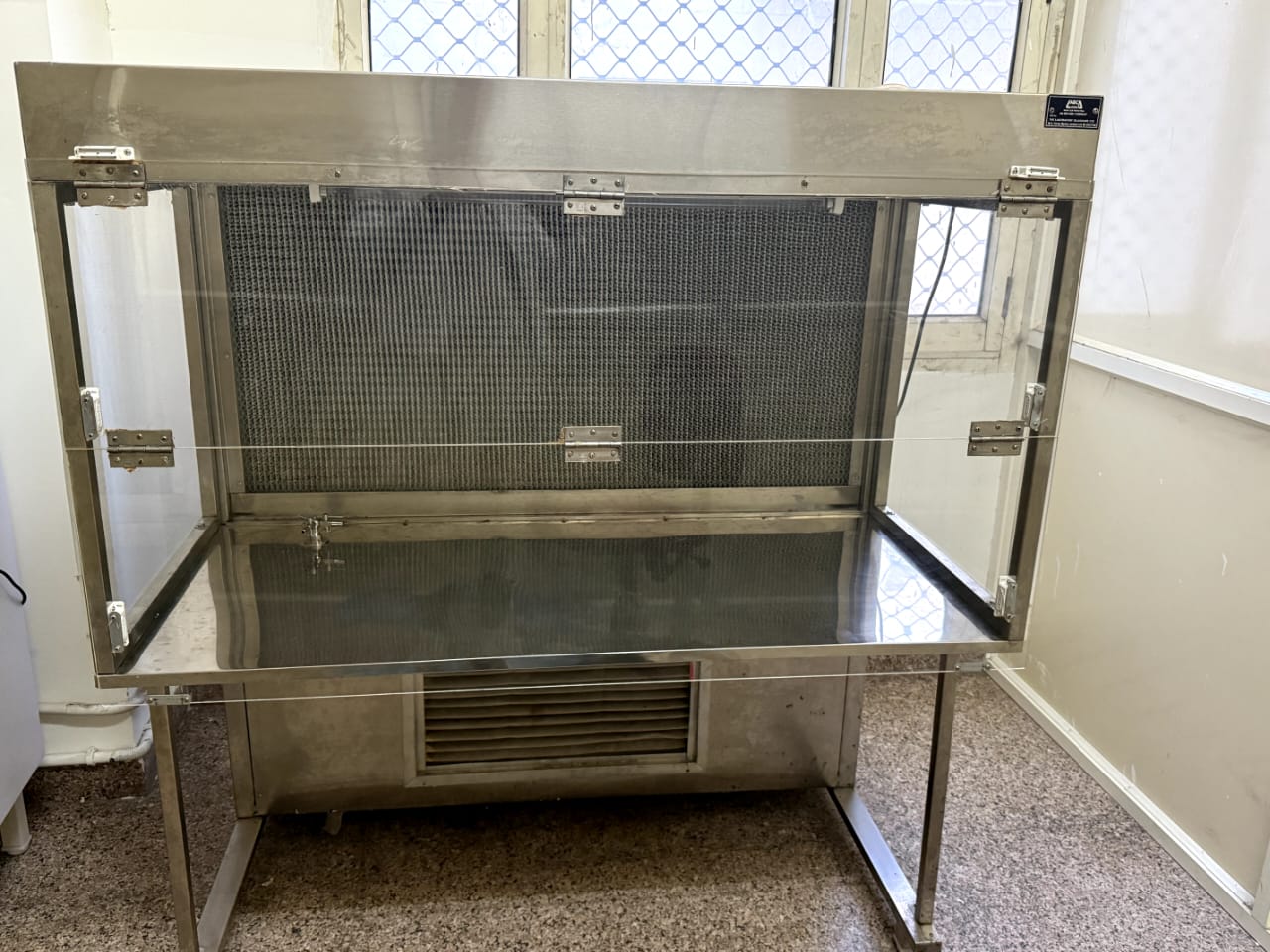
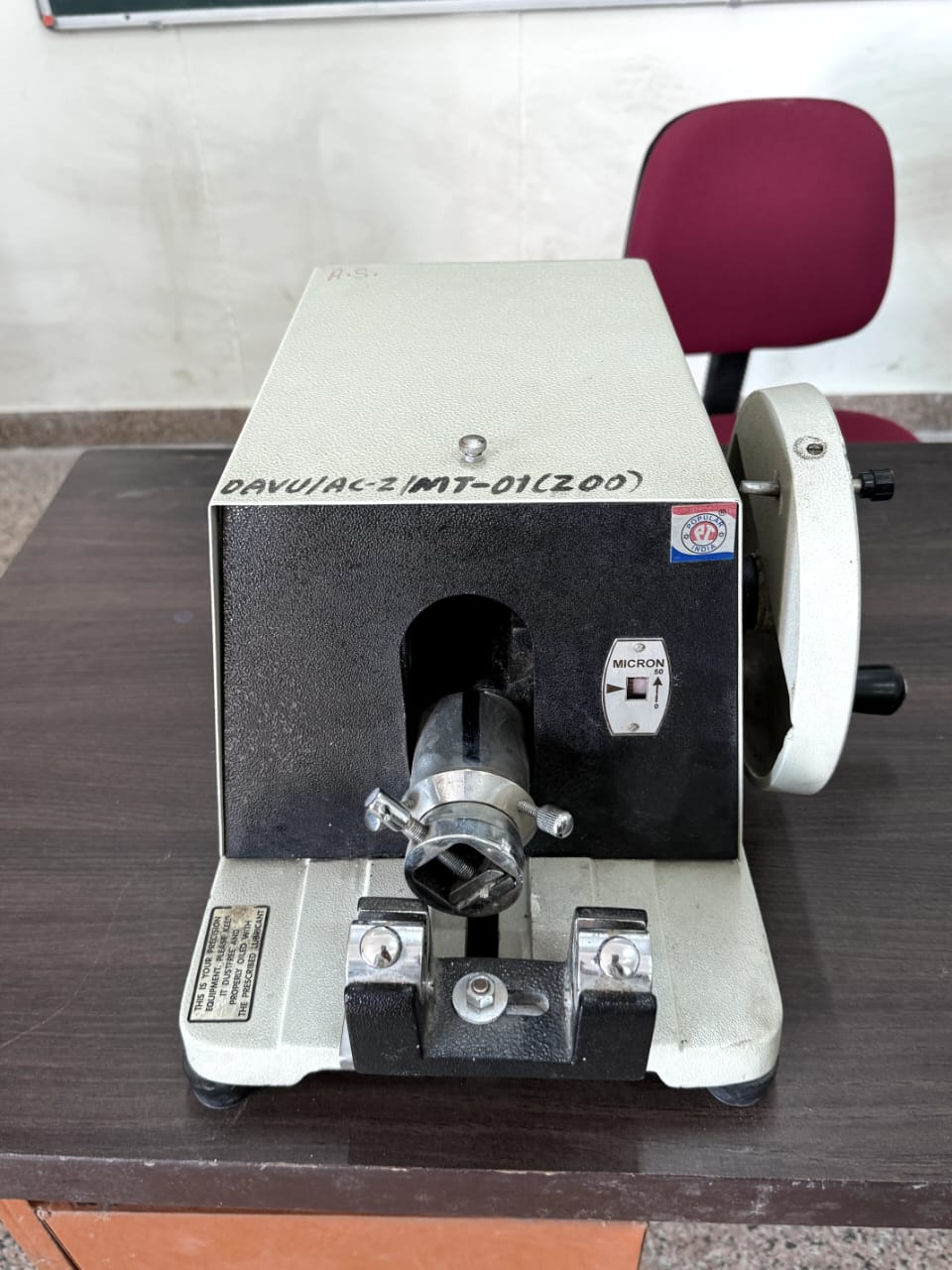
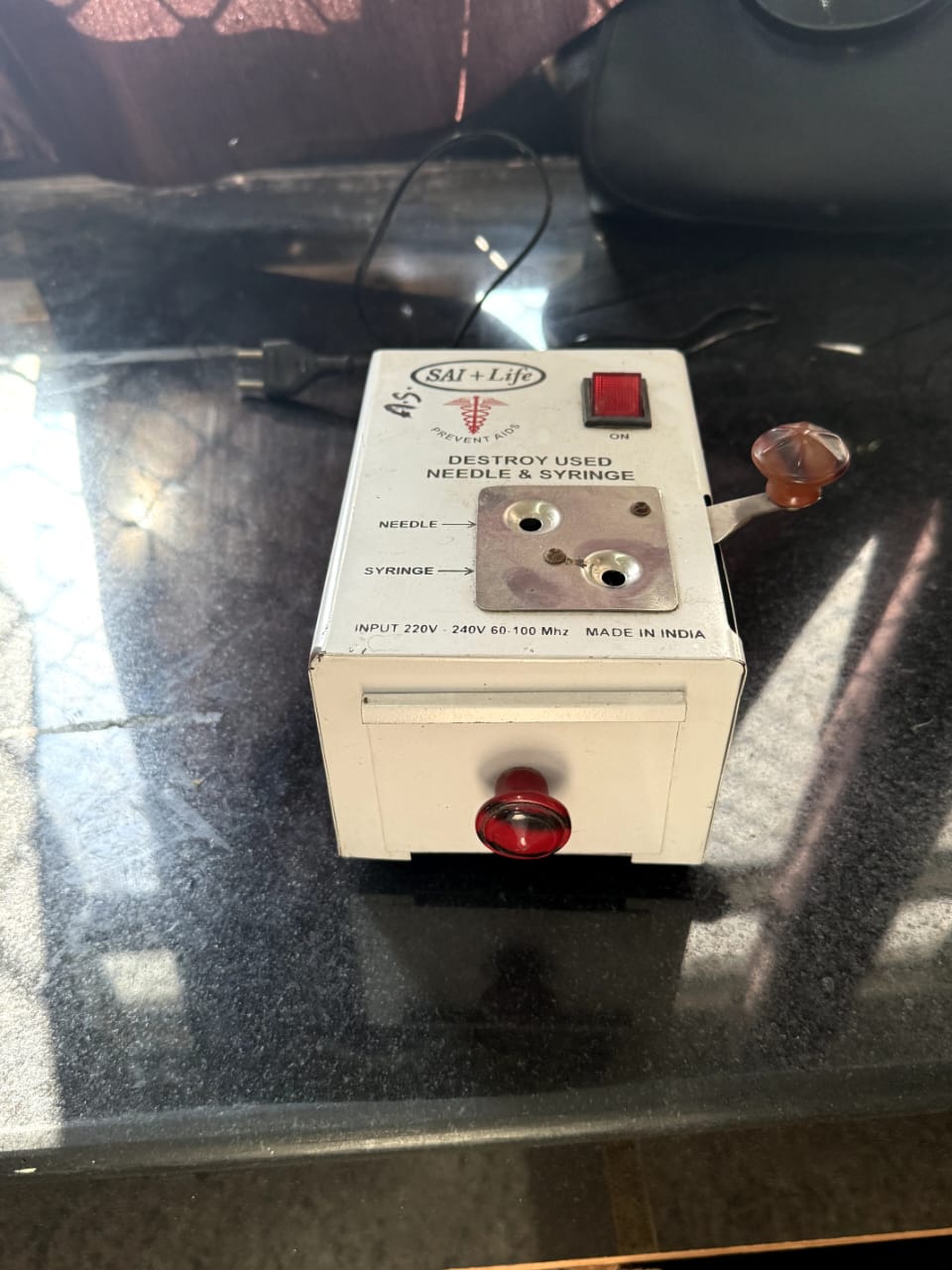
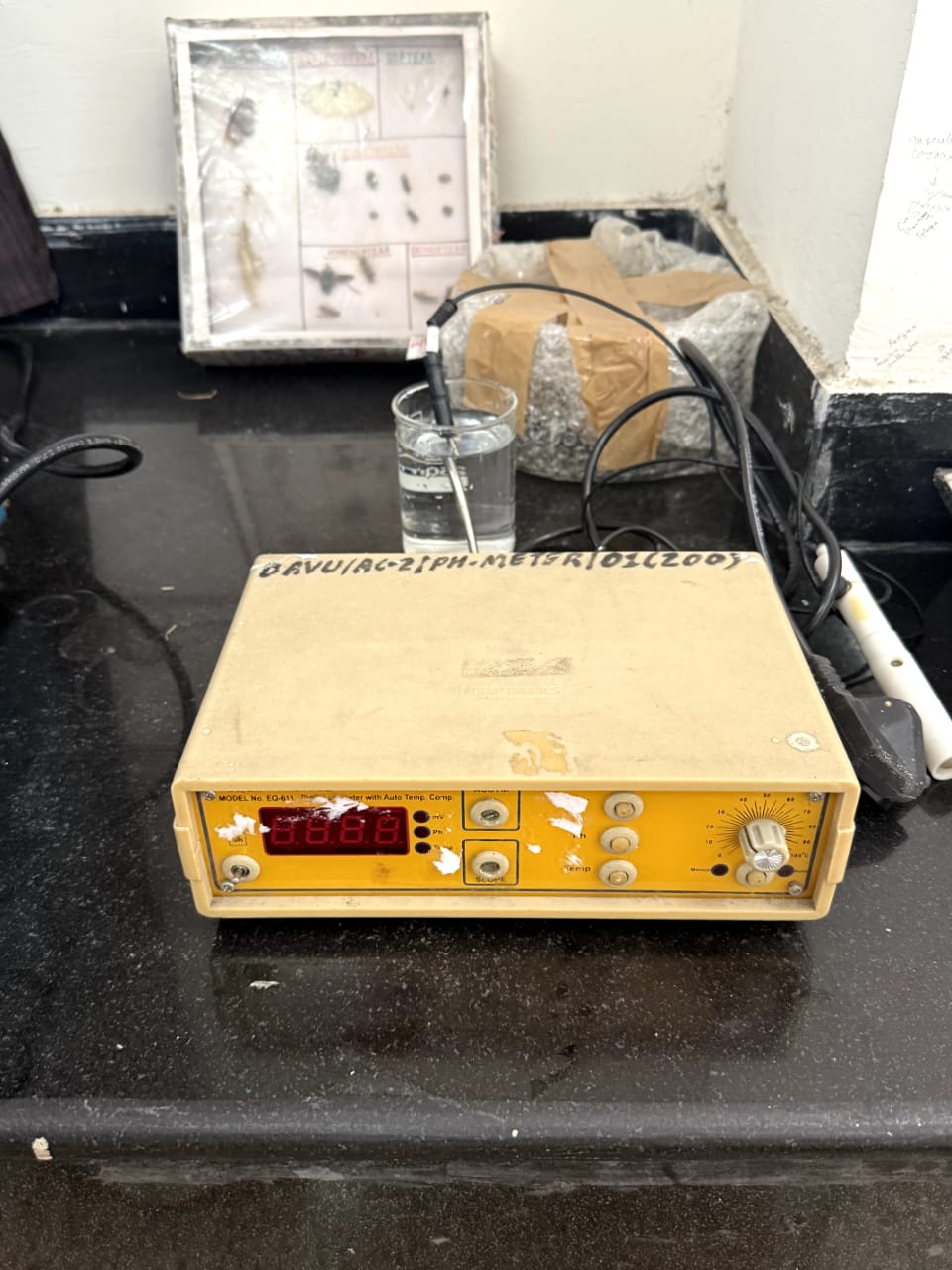
Vermicompost Unit
Promoting sustainability and environmental responsibility, this unit allows students to study the process of composting organic waste using earthworms. It provides real-world exposure to eco-friendly waste management techniques and the production of nutrient-rich compost. The unit is also a valuable resource for community outreach and awareness programs on organic farming and soil health.
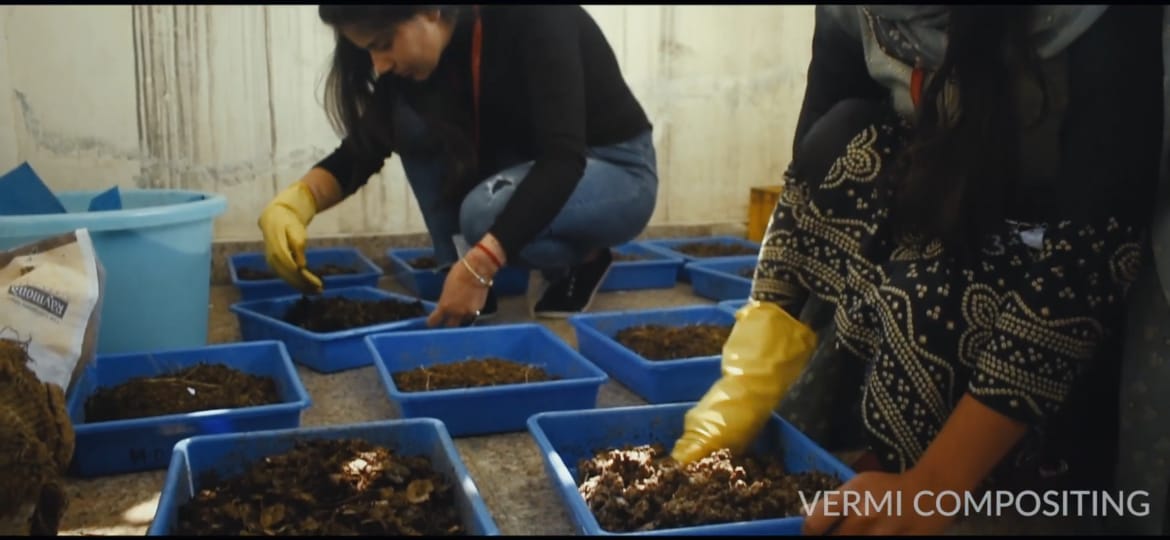
Together, these facilities create an enriching academic environment that blends theoretical knowledge with practical application. The Department of Zoology remains committed to fostering scientific excellence, promoting environmental stewardship, and preparing students for careers in academia, research, conservation, and biotechnology.
